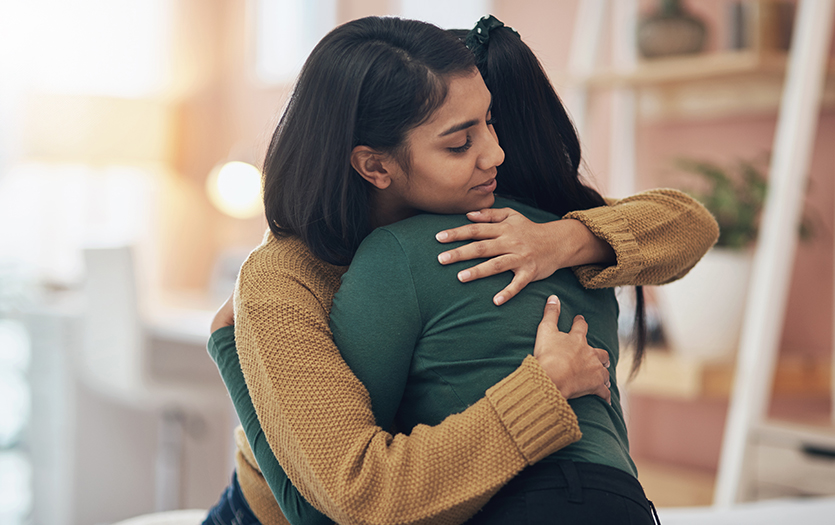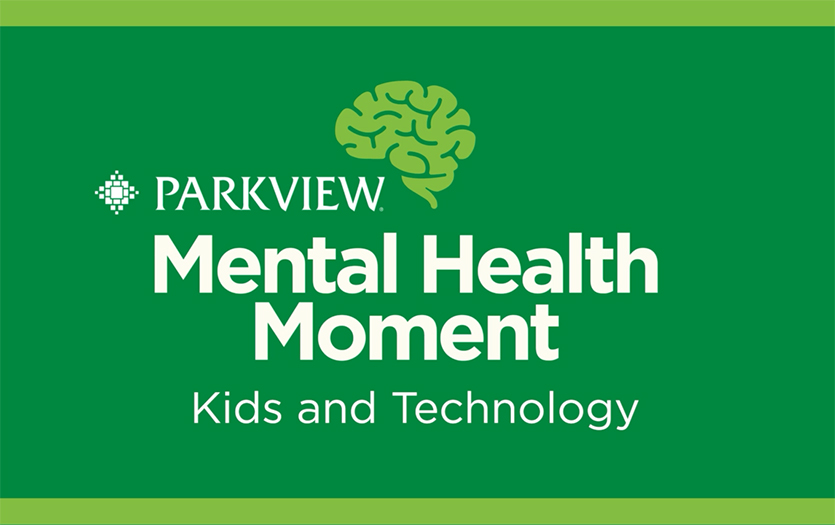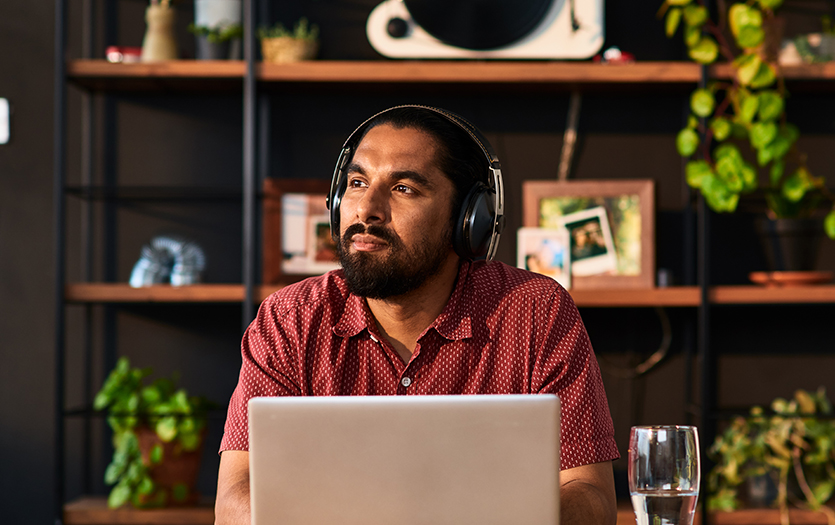
This post was written based on an interview with Virgil Barker, chaplain, Palliative Care, Supportive Care Unit, Parkview Randallia Hospital.
The single most important thing to remember about the grieving process is that it’s unique to each individual. It's not math. There's no one right way or one wrong way to do it. A loss has to be processed by the individual as an individual. Because of this, bereavement support is about assessing what needs a grieving person has, and then tailoring a response based on those needs.
Relationships and grief
It would be an exception if everyone tied to a particular loss was at the same place in their grief journey and/or feeling the same level of grief, because relationships are a big determinant in the grieving process, and those personal connections vary greatly.
Unfortunately, the people who have the hardest time with grief following a loss are those who had an element of estrangement prior to their loved one passing, and now they realize the window to reconcile has closed.
That’s why, one of the most common pieces of advice I give is to say the things you have to say now. If there are fences to mend, bridges to cross, words to express, today is the day, because no one knows if there will be tomorrow. Don’t be afraid to start the dialogue.
Fear and grief
Fear is the biggest obstacle to healthy grieving or a healthy response to the dying process.
Back in the 1400s, a book called “Ars moriendi” or “The Art of Dying” addressed the things people were afraid of related to death. On one page, the author would list the fear, and on the other, a faith response to address the fear. One of the many takeaways from the popular work was that wherever there was fear, there was trouble, but wherever there was a response to fear, which was faith, it helped bring the peace and calm that comes with the realization that death is not the end of the story.
When looking at bereavement issues, it’s important to figure out what the fear is, address it and try to reconcile while there's still time.
The grief that accompanies a sudden loss
When we lose someone suddenly, the biggest issue is the would’ve, could’ve, should’ve issues–the regrets over the past that hamper a healthy bereavement process. We can't go back and change what happened (or didn’t happen), so it really doesn't do us well to try to rehash and beat ourselves up over it. You need to let go of the past and embrace the future.
When consoling someone after a sudden death, I always say, “Don't should on yourself.” Let that go. Instead, ask, “How can I respond to others better from this moment forward?” “What can I do differently in the future?” If you’re stuck on a thought like, “I should have told her I loved her more.” Start doing that with the people who are still in your life. Replace what was lacking with the opposite action so that you can improve that part of your life. Use the loss as fuel for positive change.
It's also common for someone to experience shock when a loved one dies unexpectedly, and shock can be concerning, because, once it wears off, it’s hard to tell how the person will respond. The popular question people ask is, “Are you okay?” But that doesn’t necessarily invite honest answers. It’s important to ask open-ended questions in these conversations. Set them up to open up.
I always encourage mourners not to focus on the sudden loss, but rather, the good memories they had with their loved one. Revisiting those warm moments can be very therapeutic in the bereavement process.
The grief that accompanies a longer goodbye
Comparing grief scenarios is like a seesaw. Some people would be thankful for a loved one’s quick passing, free from prolonged suffering and heavy emotions. While, on the other hand, knowing someone has a terminal illness or diagnosis offers more time and opportunities to say things you want to say and create memories.
I encourage people to see the time they have left with someone as a gift, a space in which you can have moments to treasure. It’s those good memories that will carry you through after your loved one is gone.
Have them share their stories so that you can pass them onto your children. Record them. Write them down. Capture the pieces of their journey that they want to live on.
If a person is unable to verbally respond, I tell families to share memories in front of them. It sounds strange, but it’s important for families and friends to come together and retell their shared experiences–to fill the room with the boisterous laughter that often comes with these gatherings. It’s comforting to the person, even if they can’t respond.
Comfort and meaning in the aftermath of loss
After the death of a loved one, most people try to soldier on by themselves, but what they don’t realize, is that they’ll likely need bereavement support, not right after the loss, but within a year or so. People are determined to press on and get through that first year, and then the holidays hit, or an anniversary arrives, and they realize they are still right where they started. They haven’t moved forward, and they need additional support.
I think of it as a form of fight or flight. People try to either run or fly away from their grief. Or they try to fight it. They tell themselves, “I won’t let this get me down.” But eventually, they tire of running, or flying, or fighting. That’s when it’s time to embrace the emotions.
It’s cliché, but it’s true–you have to name it, claim it and tame it. If an emotion is bothering you, give it a name. Identify it, rather than running from it. Embrace it and explore it. Where is the feeling arising from and how is it affecting you? Then, turn it around so that it serves you.
If you’re sad and lonely from a loss, accept it and then realize that you don’t have to be alone. You can bring companionship to someone else who feels alone. A shared burden is a burden halved. Instead of isolating, you can open yourself up to others and bring something good into your life and someone else’s, because the person you lost loved you.
The most important thing to remember is that there's no one right way to grieve. People will ask me, “What am I doing wrong that I still feel this way?” And the answer is nothing! Remember, you're feeling this way for one reason, and that's because you loved someone and there's nothing wrong with love. The question is, what are you going to do with that love?
How can you turn it around and bring that love to others?
It’s my personal feeling that loved ones who have gone on before us are only as far from us as we are from ourselves. If we want to keep them alive, we have to be fully alive. To me, love is the key to healing from grief. It defies death. It tells death that it is not the end of the story.
Learn more about Parkview’s Grief and Bereavement services by visiting us at parkview.com.




